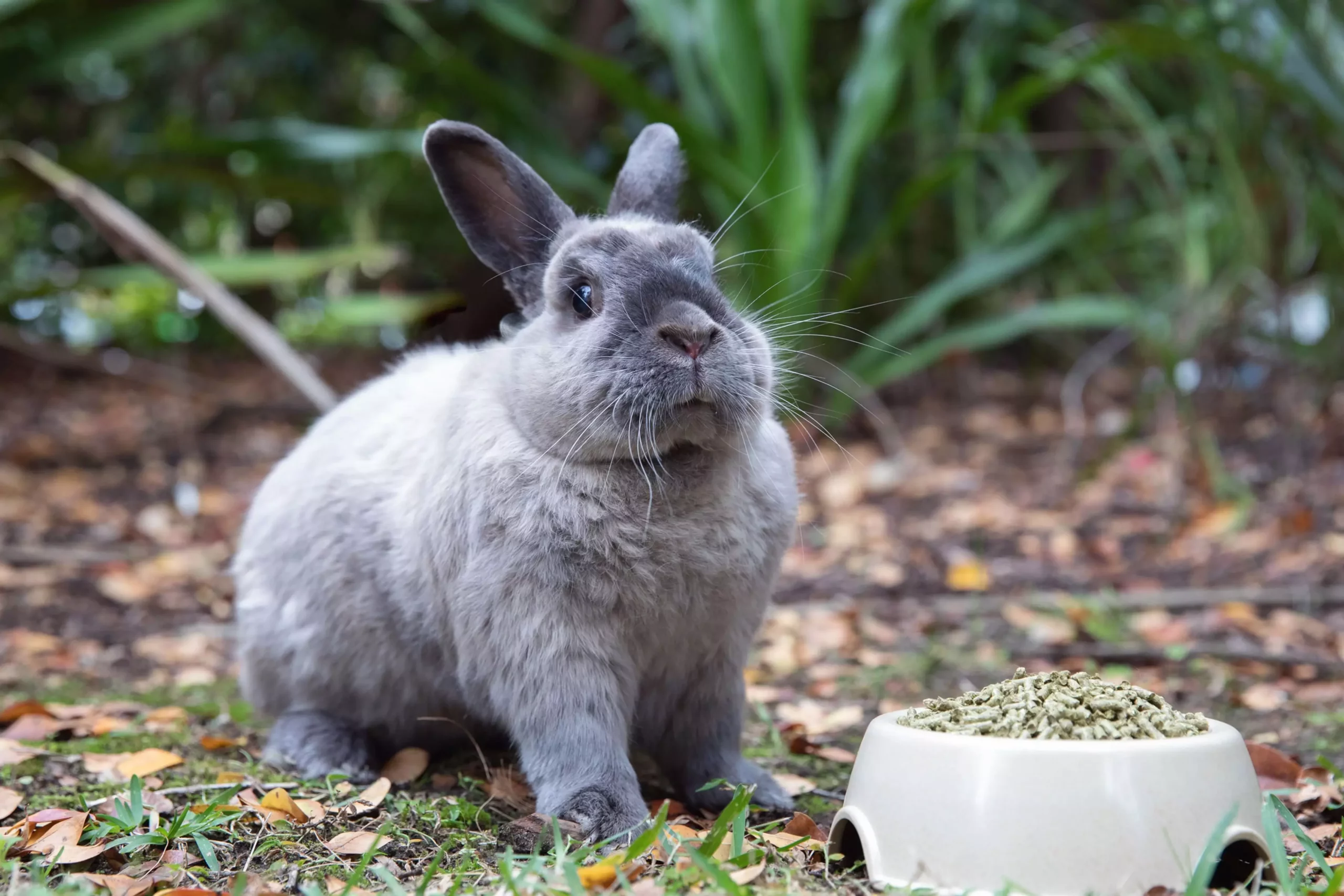Rabbits are remarkable companions, known for their playful personalities and gentle demeanor. However, their wellbeing heavily relies on their dietary habits. Unlike many other pets, a rabbit’s sudden loss of appetite may indicate an urgent health crisis. This article delves deep into the implications of decreased food intake in rabbits, the causes behind it, and the necessary steps to take for their care.
When a rabbit refuses to eat, it can be a harbinger of severe health issues. Unlike dogs or cats—who may skip a meal from time to time—a rabbit leverages a rigorous digestive system, whereby consistent intake of food is essential for maintaining normal digestive function. The phenomenon of ileus, a condition where the intestinal movement slows down or ceases altogether, is frequently the culprit behind a rabbit’s refusal to eat. This condition can lead to extreme complications, including potential fatality if not treated promptly.
Engaging with a vet is crucial the moment you notice any signs of appetite decline in your pet. While there may be measures to take at home, they should not replace professional medical intervention.
Rabbit anorexia can arise from various underlying conditions. The most prevalent cause is ileus, but several other issues can contribute to a rabbit’s loss of interest in food:
– Dental Issues: Overgrown teeth, particularly the incisors, can prevent normal eating. Dental diseases are common and require regular check-ups to mitigate.
– Gastrointestinal Troubles: Issues such as intestinal parasites or organ dysfunction can interfere with digestive processes, leading to discomfort and decreased appetite.
– Infections: Bacterial infections or even parasites like fleas and lice can cause a rabbit to lose its drive to eat.
– Environmental Factors: Rabbits are sensitive creatures. Changes in their environment, such as new pets or alterations in space, can instigate stress, which in turn affects their eating habits.
– Other Health Issues: Conditions like urinary diseases, joint problems, or respiratory infections can also impede eating, particularly if they lead to discomfort.
It’s pivotal to monitor your rabbit closely for any signs that they may be experiencing appetite loss. While complete refusal to eat is an obvious indicator, more subtler shifts may go unnoticed:
– Change in Fecal Output: Observing a decrease in the volume of feces or alterations in their consistency can indicate health issues.
– Behavioral Changes: A drop in activity levels, lethargy, or even teeth grinding can signal discomfort.
– Hydration Matters: Keep an eye on your rabbit’s water intake; reduced consumption can exacerbate issues stemming from dehydration.
When you start noticing such signs, it’s essential to investigate any recent changes in the rabbit’s environment, as stress can often be the trigger for these acute responses.
Upon noticing your rabbit has stopped eating, immediate action is recommended while awaiting veterinary assistance.
1. Force-Feed If Necessary: For urgent cases, a mixture like baby food may be administered via a syringe to kickstart their digestive system.
2. Encourage Exercise: Gentle physical activity can promote gastrointestinal motility.
3. Hydration: Offering water or an electrolyte solution can aid in hydration and stimulate the urge to eat.
4. Diet Adjustments: Temporarily provide fresh greens high in water content, such as romaine lettuce or celery, and ensure that hay is always available.
However, these at-home methods should not replace a vet appointment. When rabbits halt their food intake, professional treatment may be required quickly, including possible intravenous fluids or medications targeting various health concerns.
To minimize the risk of appetite loss in your pet rabbit, focus on consistent, quality care.
– Routine Dental Care: Regular examinations for dental health can avoid complications from overgrowths.
– Environment Management: Ensure a calm, stable habitat devoid of sudden disruptions that might induce stress in your rabbit.
– Optimal Diet: Enhance your rabbit’s diet with unlimited access to grass hay, fresh greens, and clean water.
Maintaining attentive, preventive care can significantly contribute to your rabbit’s ability to sustain good health and a healthy appetite.
A rabbit’s reluctance to eat must be taken seriously. Through proactive measures, keen observation of their health, and timely veterinary care, you can safeguard your bunny’s wellbeing against the dangers of appetite loss. If you suspect your rabbit is sick, act swiftly and consult your veterinarian, as your pet’s health is paramount.

